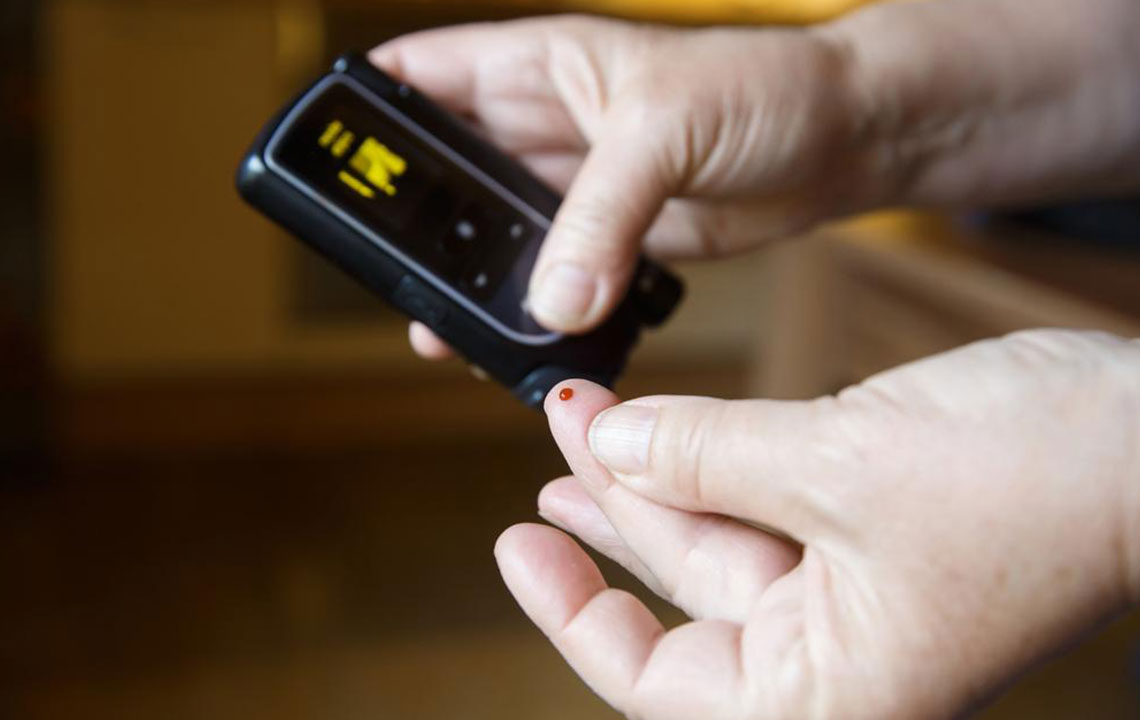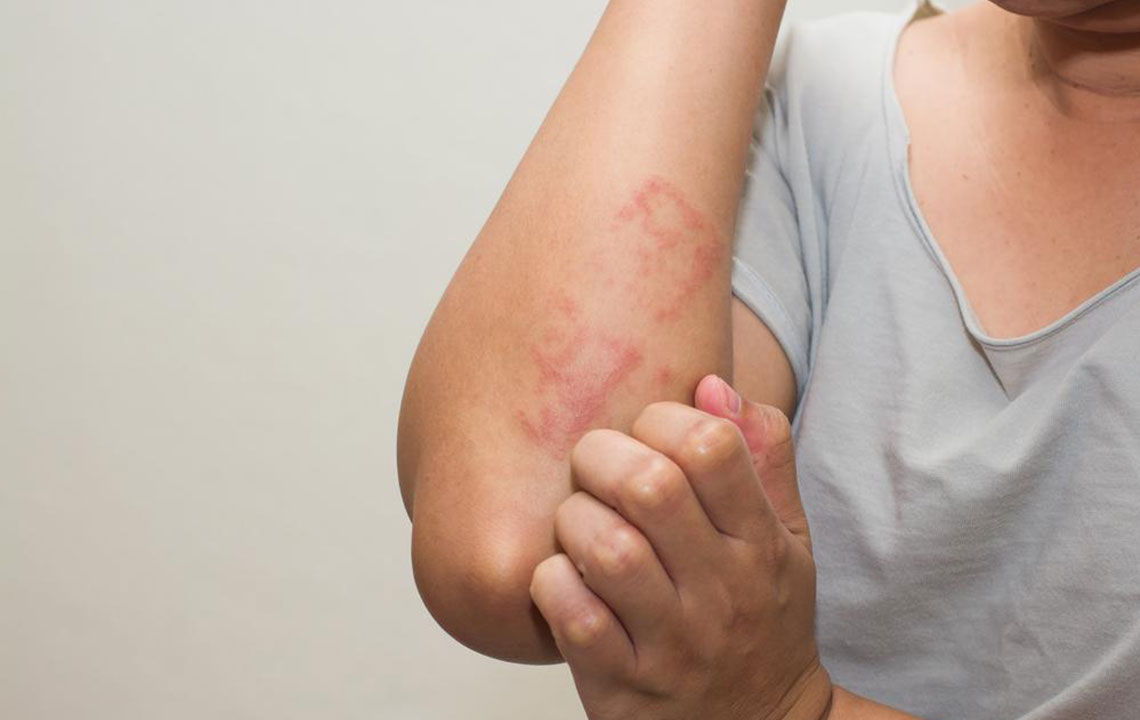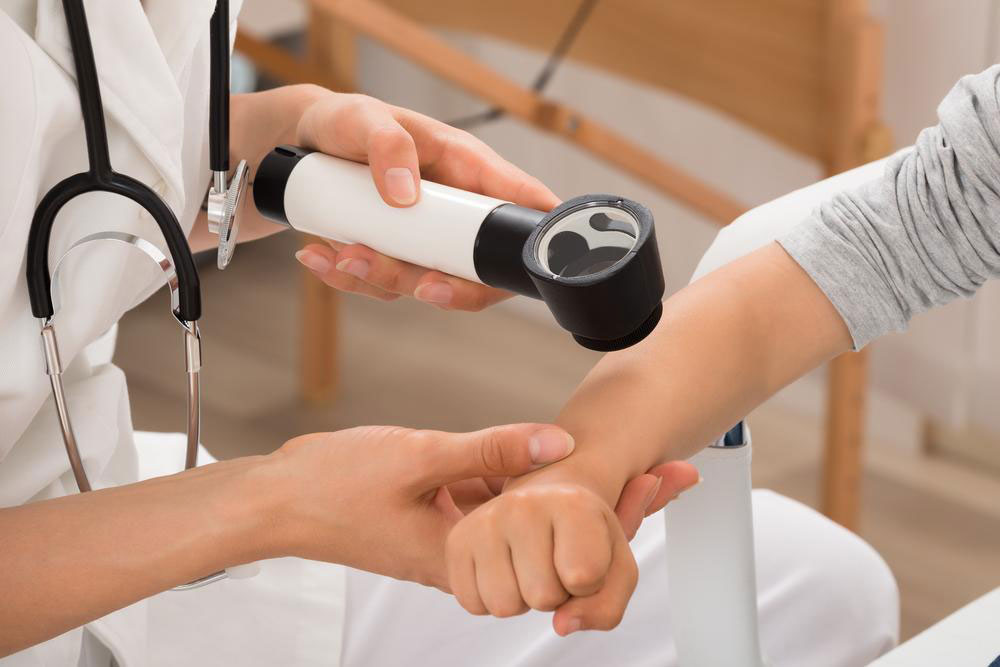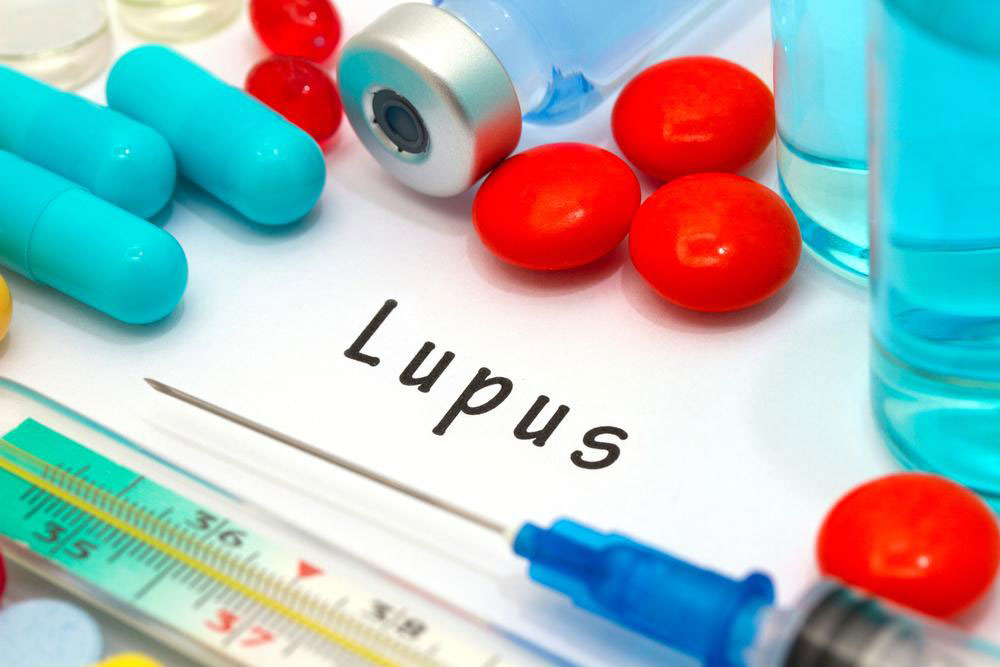Understanding Psoriasis: Symptoms and Types
This article provides a comprehensive overview of psoriasis, including its definition, affected areas, and the five main types. It highlights the inheritable nature of the condition, associated health risks, and the lack of a cure, while emphasizing management strategies. Understanding psoriasis’s various presentations can aid in early recognition and effective treatment, improving quality of life for sufferers.
Sponsored

What Is Psoriasis?
Psoriasis is a chronic autoimmune skin disorder characterized by red, flaky patches topped with silvery scales. While it commonly affects areas like the scalp, knees, and elbows, it can also involve nails, trunk, and legs. Though not contagious, psoriasis is inheritable, with no current method of prevention. It impacts over 130 million worldwide and manifests in mild to severe forms. Psoriasis may be linked to conditions like cardiovascular issues, diabetes, and psoriatic arthritis, which develops in about 15% of patients. Despite no cure, symptom management options exist.
Types of Psoriasis
Psoriasis varies depending on affected areas, appearance, and severity. The main types include:
Plaque Psoriasis: The most common form, characterized by red patches with silver-white scales. It can appear anywhere on the body, including inside the mouth and genitals. It may cause itching or pain.
Inverse Psoriasis: Found in skin folds such as the groin, behind knees, or underarms, presenting as shiny and smooth patches, sometimes coexisting with other types.
Erythrodermic Psoriasis: The rarest yet most severe type, covering large parts of the body with red, peeling, itchy, and painful skin.
Pustular Psoriasis: A severe form marked by white pustules on red skin, often affecting hands and feet or larger areas. Symptoms include fever, chills, and muscle weakness.
Guttate Psoriasis: Usually triggered by infections like strep, presenting as small dot-like lesions, affecting both children and adults.
Nail Psoriasis: Not a distinct type but commonly associated; causes discoloration, abnormal growth, pitting, loosening, or separation of nails.






